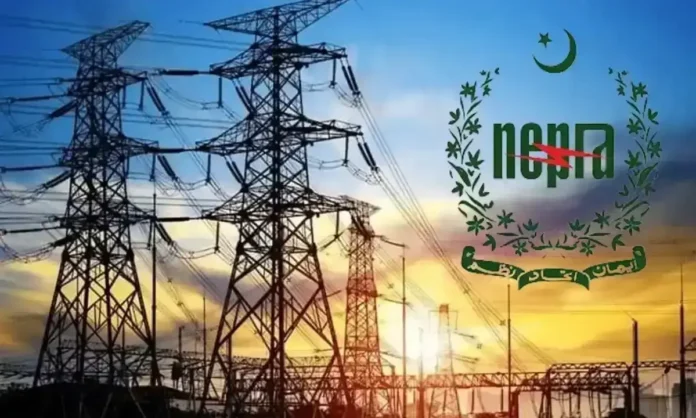Pakistan’s power regulator has cut K-Electric’s allowed average tariff for the current multi-year period after reassessing the utility’s underlying cost stack, a move that analysts say will materially compress revenue and force a restatement of reported profit for FY24. The National Electric Power Regulatory Authority (NEPRA) issued its decision on review motions tied to K-Electric’s multi-year tariff (MYT) determinations for generation, transmission, distribution and supply covering FY24 to FY30. The revision lowers the utility’s average determined tariff from Rs39.97 per kWh to Rs32.37, a steep Rs7.6 cut that will ripple across the company’s P&L and balance sheet for years.
The single most consequential change is the headline average tariff. NEPRA’s revised calculus knocks the figure down to Rs32.37 per kWh from the earlier Rs39.97. On K-Electric’s expected billable units, analysts estimate that this translates into an annual revenue hit of roughly Rs96 billion, or Rs3.49 per share. The brokerage notes that not every rupee of this gap drops straight to the bottom line, but a “significant portion” will weigh on earnings and could complicate capital expenditure plans, fuel procurement and compliance with debt covenants. The report adds that FY24 earnings per share of Rs0.15 will require restatement to a loss under the revised regime. The content in this publication is expensive to produce. But unlike other journalistic outfits, business publications have to cover the very organizations that directly give them advertisements. Hence, this large source of revenue, which is the lifeblood of other media houses, is severely compromised on account of Profit’s no-compromise policy when it comes to our reporting. No wonder, Profit has lost multiple ad deals, worth tens of millions of rupees, due to stories that held big businesses to account. Hence, for our work to continue unfettered, it must be supported by discerning readers who know the value of quality business journalism, not just for the economy but for the society as a whole.To read the full article, subscribe and support independent business journalism in Pakistan









